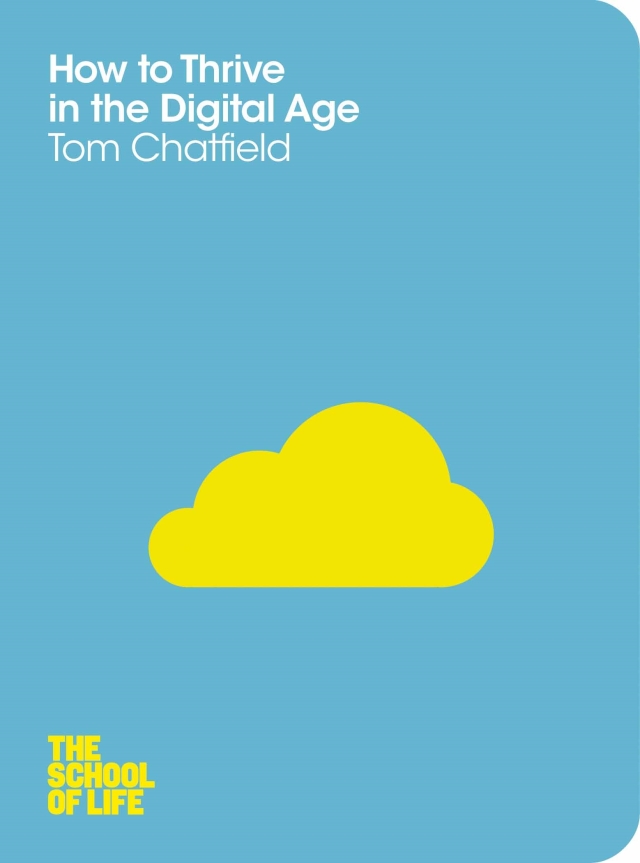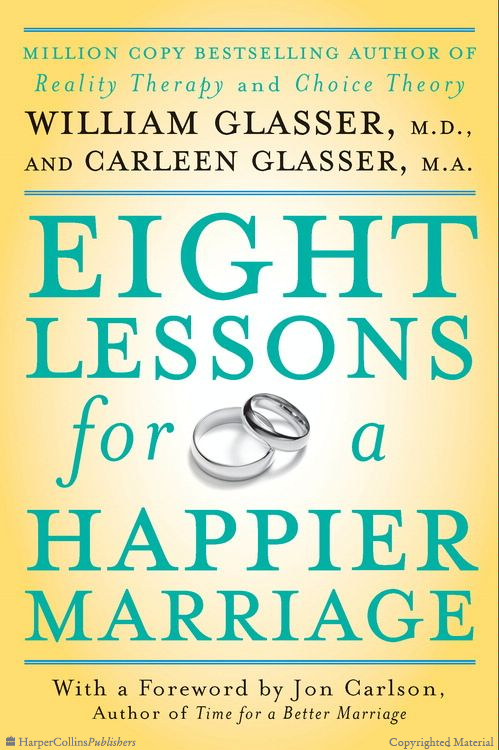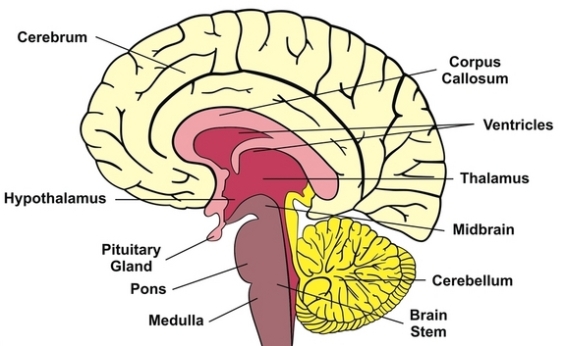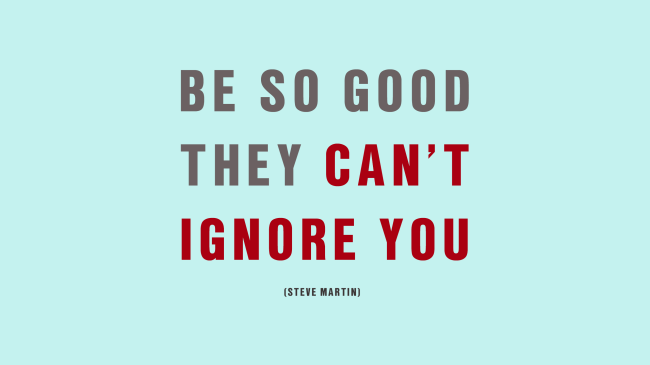Technology has really been a big miracle which has transformed our lives. Smart-phones and gadgets are becoming increasingly powerful. The smart network will change our lives. People across different generations may not have appreciation for such technologies in the same way. We all live in a massive data cloud. Networks are powerful and it allows us to connect with other like-minded people. How can we live well in this digital age?
From Past to Present. The first digital compute was invented in the 1940s. In the 1970s, the microprocessor and the first computers were born. Our machines are even more and more powerful. The smartphone is gradually replacing the laptop. Most of us are hooked to mobile phones. Now, we are technological creatures. Computers have limitless flexibility and power. Everything can be provided by an integrated system. You have everything, including a full range of movies, at your fingertips. We are in more control than ever before. Producing a book is a lot faster than ever before. There is an information overload and we need to sieve through this heap of information all the time. Digital media or programming can animate objects and make them come to life and fruition. What should we use our devices for? Where has all your time gone to? Reading a book is going for start to finish. However, on Facebook, it is more of like entering a public sphere and reading comments and news. People tend to paint a façade online. Technology amplifies our nature. The internet is powerful and definitely has benefits and perks. We need to figure out what it takes to be human.
Getting what we want online is often distant from getting what we need – although both tend to happen faster. Disembodied, moving through online space, we are afforded greater ease than when we are sharing a physical environment. We are able more easily both to be altruistic and open, and to deceive and cause grief – our lives made easier by ignoring human realities beyond each screen. – Tom Chatfield
Veiled behind ever greater complexities, we perpetually risk distancing ourselves from fully committed relationships with each other, and from fully introspective relationships with ourselves. – Tom Chatfield
Wired and Unwired Time. In 1921, a boxing match had more viewers outside the ring than in the ring. This was the dawn of a new age. Now, 2 billion people are connected with one another. We are viewing media more and more nowadays. Media usage and amount of time spent is increasing. People are switching from TV to iPhones and Facebook. This is our new state of wakefulness. We spent too much of our waking hours online and surfing the net. Now, we need signages to warn people against surfing the net too often. Plugging in confers benefits like speed and range. Through Wikipedia, one can access a hive of information. However, unplugging will allow us to have time to reflect on our lives. Try not to multi-task excessively. Unplugging does not necessarily involve staying on a mountain somewhere. It involves small changes to your lifestyle. Time is our most precious resource.
Yet, more than ever, it is clear that we all need some time in our lives for thinking our own thoughts without distraction, interruption or immediate feedback. It is also clear that, if we are not careful in guarding and managing such time, technology may take it from us. – Tom Chatfield
Taking Control. On average, we text more than 7 times per hour. Texting is simply a simplified version of ourselves. There is a need to go beyond that and ask for more. It is not just about unplugging. We need to figure out the best way to live life and to utilize technology. Research is clear and it shows that multi-tasking slows you down and increases the chance of you making mistakes. This is especially so when mental effort is required. Research shows that it will take you at least 15 minutes to concentrate on the task again if you tried to multi-task. When performing a complex task, it is important to give it your full attention. What kind of attention do we deserve? Digital memory is superior to human memory. Human memory is poor and people tend to forget things. However, there is a story behind every memory that a human recalls and this cannot be reproduced in digital memory. We cannot outsource our true memories. Humans are really good at adapting. There are apps which can help you to focus on a particular task. Being offline might afford you moments that are individual and serendipitous in nature. Writing helps you to slow down and give you time to process your thoughts. We must be able to adapt to circumstances.
Composed, edited and re-composed of its making: no hesitations, slips, unintended implications or distractions. It’s at once instant and asynchronous, requiring but not demanding attention. It asks almost as little as possible from all involved. – Tom Chatfield
Reframing Technology. I visited Google in 2010. It is an all-encompassing place with everything there. Google is a tool and a verb. They are focused on efficiency. Many people are concerned about online privacy. Despite this, it is necessary to think of the consequences when engaging in online behaviour. Students should be taught how to operate databases. Digital media is largely inert in nature. It is more and more difficult to understand technology well. Sometimes, you don’t own a product and the product is only licensed to you. You are ‘their product’. Note that there are limitations to Amazon, Facebook etc.
Sharing, Expertise and the End of Authority. In the early 1990s, Sergei Brin and Larry Page wanted to improve quality of search results offered. The number of times a page is linked could offer insight into its importance and quality. There was an algorithm used. What impact does huge data processing has on our cultural and intellectual value? What the impact of ‘authority’ nowadays in modern society? Which search results are the most authoritative in nature? Often, through search engines, we are relying on what has been provided to us. Today’s culture is governed by intellectuals and artists and gatekeepers. The Internet may have drowned out exceptional voices. Are many traditional business models doomed to fail? Algorithms can’t solve every problem out there.
Indeed, this is the beating heart of most digital business models. Instead of first selecting and then publishing, you publish first and then respond to the world’s own selections – relentlessly maximizing those things that win an audience, and wasting little effort on those that don’t. – Tom Chatfield
On Becoming Less than Human. Has technology increased the rate and popularity of pornography? They are prevalent on digital networks in a huge way. One can get it easily without any filters. It is no longer innocent. You are not the only one who watches such things. People are looking for short-term relationships on Craigslist. There are even sites which guide you on how to avoid detection if you want to have an affair in your marriage. There may be people whose lives will be affected if they are addicted to certain online behaviors. If you cut yourself off from other human relations, troubles will start. Instant gratification brings about downfalls. Strangely, sex and porn have not managed to compete with other digital activities just yet. We are receiving a lot of spam mail nowadays. Members of our community need to look out for such trouble cases and enforce from within. This is known as self-policing. There is an informal ‘blogger’s code of conduct’ circulating around. Some people like to create fake profiles so that they can criticize others online.
Depersonalization entails the exploitation of digital ease and unreality to hollow out the central values of a life: social identity, the ability to relate and be related to sympathetically, opportunities for honest self-expression and sharing. – Tom Chatfield
Don’t say anything online that you wouldn’t say in person. – Tim O’Reilly
Play and Pleasure. Have we found artificial intelligence? Science fiction has existed for centuries ago and it is not something that is new. We spend too much time on computer games. Being addicted to online gaming can have a toxic effect on your everyday life. Some people try to take refuge in an online life. When you return to reality, you realize that it is harsh. Sometimes, online items in games can cost a lot of money. Therefore, the industry is actually very valuable indeed. You can even outsource the gaming to someone in China, for a price. Angry Birds is simple, but yet so successful. Gaming is moving from consoles to mobile phones. Mastering the game or levelling up can be a very rewarding process for your brain. Angry Birds is a ‘tame’ rather than ‘wicked’ problem. Life is a ‘wicked’ problem as there are simply too many unknowns. We do not like wicked problems as they are harder to tackle. Instead, we prefer tame problems. We like predictability and repeatability. Games can be a blessing. We can learn from digital games to find out what the best ways for engagement.
Perfection of a kind is possible in a game like Angry Birds. Given enough time and effort, every single one of the world’s hundreds of millions of users can earn 3 out of 3 stars on every single level. We do not and cannot have this in the real world; and we are in trouble if we learn to expect it, or fail to develop strategies for coping with life’s wicked, unrewarded, onetime sorrows. – Tom Chatfield
Within academic studies of happiness, the correlation between being unemployed and having low life-satisfaction is one of the strongest results to be found. The chunk of life-satisfaction gained by playing Second Life, however, was almost equal to that gained by findings a job and thus ceasing to be unemployed. – Tom Chatfield
The idyllic simplicity of skilled effort being immediately rewarded by a useful and attractive result – even a virtual one – can be as satisfying in its way as crafting a wooden bowl or baking a loaf of bread. – Tom Chatfield
In play, we abandon the wicked for the tame. This is a deep part of why play pleases us so much; and why, in evolutionary terms, it has so much importance across the animal kingdom. Play is a safe state within which we learn skills, from co-ordination and combat to speed and concealment. We play in order to practise for life – because life itself is never practice. – Tom Chatfield
The New Politics. Ideas and ideologies can spread rapidly online. Movements can gain viral status online. The stakes for action are increasing nowadays. Now, media does not just report news but can create them. However, being online does not necessarily make you free. China uses censorship on the online media. Privacy concerns lead to ethical issues as well. Legislation will have to evolve as well. We must examine not just technology, but in the social and cultural arena in which it operates. Documents can be shared almost instantly nowadays over the Internet. We must stand up for our freedoms. There is also a need for legislation in this area.





